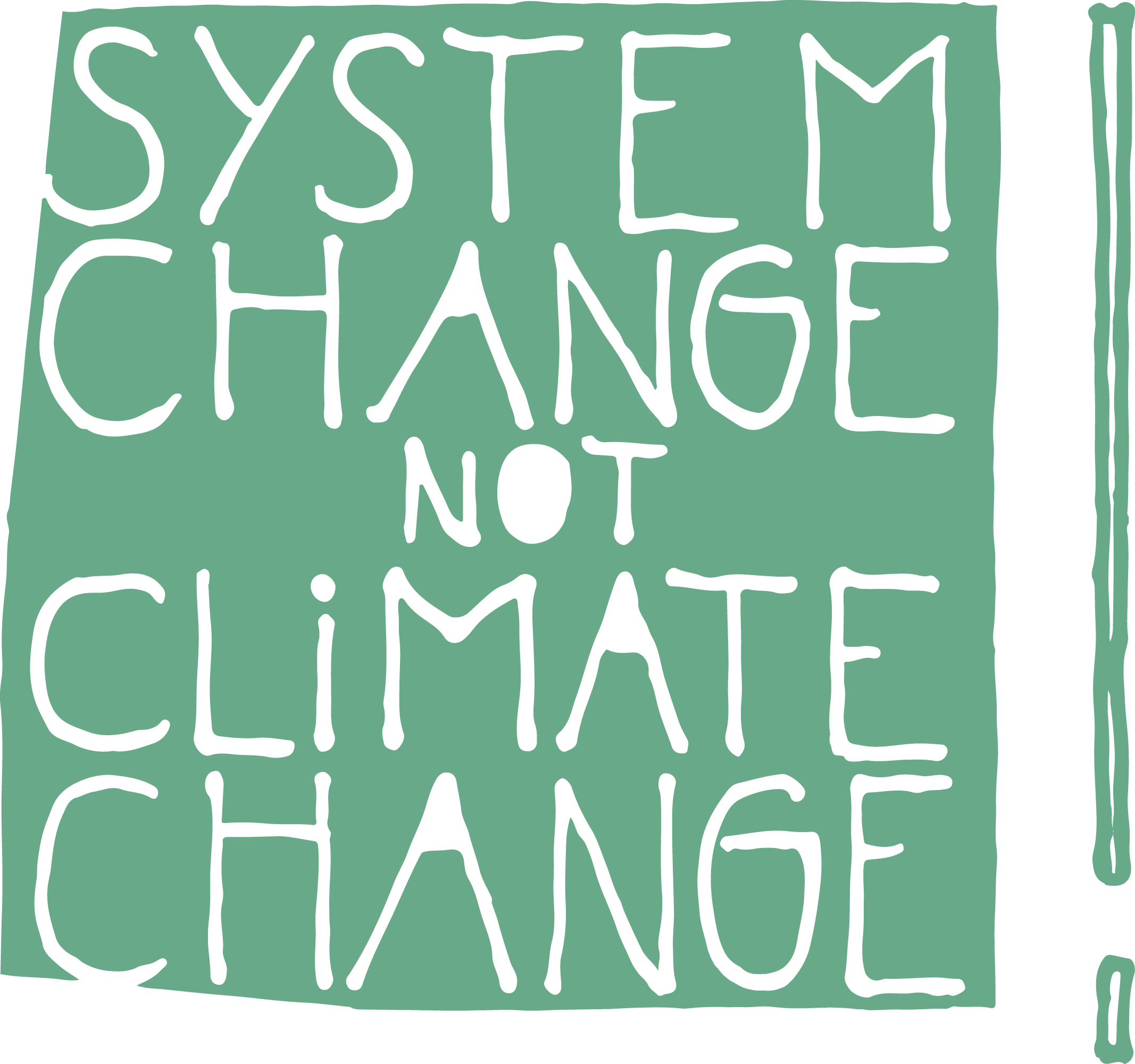GOING NEGATIVE – How carbon sinks could cost the Earth
The publication by Fred Pearce and commissioned by Fern, Bread for the World, Friends of the Earth Norway and Rainforest Foundation Norway defines and clarifies the problems associated with relying on land-based sinks to stem global warming. Interest in negative emissions is rising as a direct result of the 2015 Paris Agreement on climate change, raising two problems.
http://www.fern.org/goingnegative
DOSSIER ON THE UN BIODIVERSITY CONFERENCE IN CANCÚN
Many controversial issues are on the table in Cancún: the disputed monetarization of nature, synthetic biology with its risky new forms of genetic engineering, and questionable technologies such as geoengineering. However, the pivotal challenge for the CBD’s future is not the definition of new objectives but the implementation of those already agreed upon. The Heinrich-Böll-Stiftung follows the negotiations in Mexico particularly on the issues of synthetic biology, new economy of nature and geoengineering. The new dossier informs about the key topics and challenges.
https://www.boell.de/en/dossier-un-biodiversity-conference-cancun-cbd-cop13
Dossier: New Economy of Nature
The new dossier illustrates in different formats what the concept of the „New Economy of Nature“ stands for, explains nature’s role in the Green Economy and why this approach has been of increased interest to economy and politics recently. We name key actors and institutions that are shaping the discourse and highlight contradictions as well as disputable assumptions. The dossier provides access to further information and shows the diversity of critique around objectives, methodologies and implementation attempts of the New Economy of Nature.
https://www.boell.de/en/dossier-new-economy-nature
 CARBON WELFARE REPORT: How big polluters plan to profit from EU emissions trading reform
CARBON WELFARE REPORT: How big polluters plan to profit from EU emissions trading reform
The Emissions Trading System (ETS) is at the centre of EU climate policy, and a Directive currently passing through the European Parliament and Council intends to keep it that way until 2030. The EU ETS claims to make big polluters pay, but has actually become a way of enhancing polluter’s profits, as well as undermining and preventing effective action to tackle climate change.
https://corporateeurope.org/sites/default/files/attachments/the_carbon_welfare_report.pdf
INSTITUTE FOR AGRICULTURE AND TRADE POLICY: The Climate Cost of Free Trade
How TPP and trade agreements undermine the Paris climate agreement. Der niegelnagelneue Report des Instituts für Agriculture and Trade Policy zeigt auf welche massiven Auswirkungen TPP auf Wirtschaft, Handel sowie Demokratie hätte.
http://www.iatp.org/files/2016_09_06_ClimateCostFreeTrade.pdf
EJOLT:
REFOCUSING RESISTANCE FOR CLIMATE JUSTICE
COPing in, COPing out and beyond Paris
The report shows how activists prepare themselves in view of the Paris climate negotiations to stand up to the forces that deny the societal plea for serious negotiations against climate change. The second part introduces important disourses and alliances within the movement for climate justice.
http://www.ejolt.org/wordpress/wp-content/uploads/2015/09/climate-justice-report.pdf
CORPORATE EUROPE OBSERVATORY – AITEC:
TTIP: A box of tricks for corporate climate criminals
This breefing explains why TTIP and regulatory cooperations are restricting the possibilities of an energy revolution which is necessary to cope with climate change. It provides examples of how TTIP uses regulatory cooperations to enable the biggest climate delinquents to keep polluting the planet andto cicumvent environmental regulations.
https://www.global2000.at/sites/global/files/Energiezukunft%20%C3%96sterreich_.pdf
CORPORATE EUROPE OBSERVATORY:
Zombie attack! TTIP corporate super rights come back from the dead
“The zombie ISDS – rebranded as ICS, rights for corporations to sue states refuse to die” shows how the push for foreign investor privileges in EU trade talks such as the proposed EU-US TTIP deal continues as the Commission attempts to rebrand the politically untenable investor-state dispute settlement as an “Investment Court System”.
CORPORATE EUROPE OBSERVATORY:
Oil Corporations vs Climate
In January, Canadian company TransCanada announced its plan to sue the US government for more than US$15 billion in compensation for President Obama’s rejection of the Keystone XL pipeline. The Keystone fossil fuel project threatened communities, the environment, and our climate. Extreme corporate rights in EU trade deals such as TTIP and CETA will enable more companies to take similar action to thwart policies they don’t like. This “VIP” treatment for corporations threatens climate progress and must be rejected!
http://corporateeurope.org/international-trade/2016/02/oil-corporations-vs-climate
CORPORATE EUROPE OBSERVATORY:
Polluters‘ Paradise
This report looks into the risks that investor-state dispute settlement (ISDS) in trade and investment agreements poses to energy transition. While big polluters are lobbying heavily for ISDS in new trade agreements, a growing movement is turning against this corporate power grab.
http://corporateeurope.org/international-trade/2015/12/polluters-paradise
CORPORATE EUROPE OBSERVATORY:
TTIP: A box of tricks for corporate climate criminals
This briefing explains why TTIP, and especially regulatory cooperation, could put a stranglehold on our ability to create the energy transition required to tackle climate change.
http://corporateeurope.org/international-trade/2015/10/ttip-box-tricks-corporate-climate-criminals
CORPORATE EUROPE OBSERVATORY:
Lobby planet Paris – a guide to corporate COP21
This guide to lobbying and greenwashing around the UN climate talks has a specific section on free trade and climate – a guide to corporate COP21‘.
http://corporateeurope.org/environment/2015/11/lobby-planet-paris-guide-corporate-cop21
GLOBAL FOREST COALITION: Meat as Driver of Deforestation
In this edition we look at meat as a driver of deforestation, including the way in which livestock production leads to forest destruction, and how peasant farming can help to resolve the climate crisis. We also analyse the agriculture outcomes from UNFCCC’s climate change negotiations in Paris last December.
